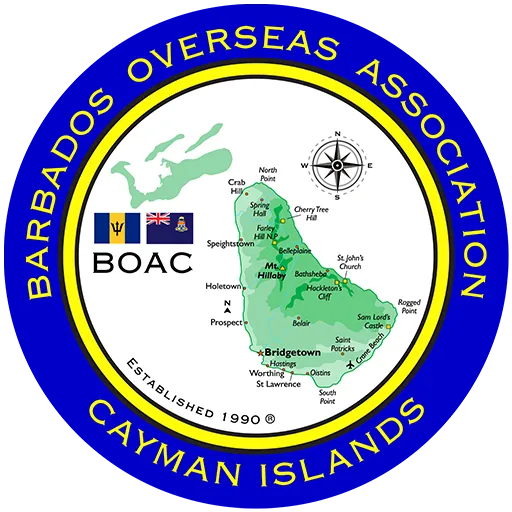
Of The Cayman Islands
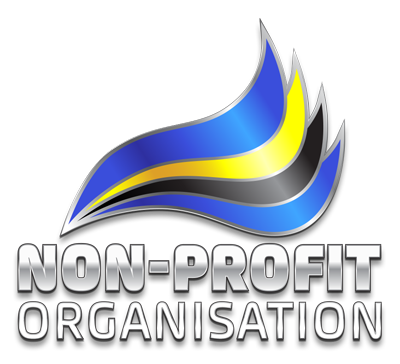
Essential Island Intel
Things to Know
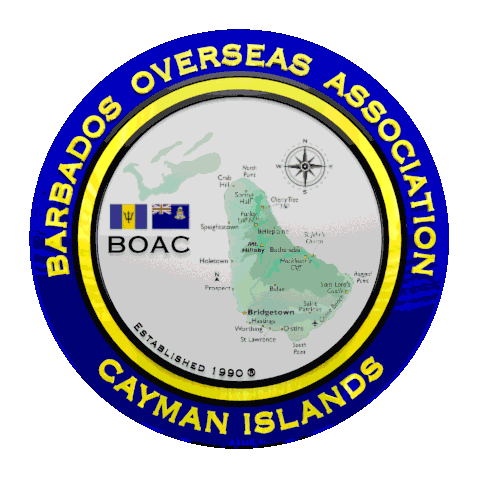

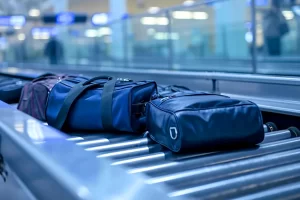
Just arrived in the Cayman Islands? The Barbados Overseas Association of Cayman (BOAC) is here to make your transition smoother. Whether you’re from Barbados or simply interested in Caribbean culture, we offer:
Join us and turn Cayman from a new destination into your home away from home. Let’s make your island experience unforgettable!”

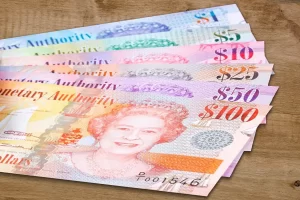
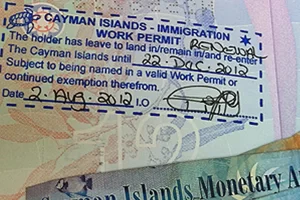
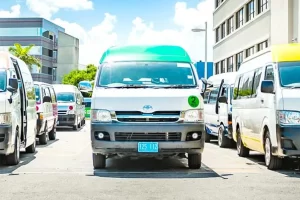
Here’s a concise “Things You Need to Know” for newcomers to Cayman:
KY $1.00 = US $1.20 KY $1.00 = BDS $2.42
The cost of living in the Cayman Islands is generally high compared to many other countries. It’s important to note that salaries in Cayman are often adjusted to reflect the higher cost of living, and there’s no income tax, which can offset some expenses.
Here’s a brief overview:
Finding housing in Cayman can be challenging, but here are some effective ways to start your search:
Tips:
For more detailed advice or to connect with BOAC members who can share their housing experiences, don’t hesitate to reach out to our community.
Opening a bank account in Cayman is a straightforward process, but it requires proper documentation due to strict financial regulations. Here’s what you need to know:
Tips:
Remember, banking practices can change, so it’s best to contact your chosen bank directly for the most up-to-date information.
The Cayman Islands offer a diverse education system with both public and private options. Here’s an overview:
Key Points:
Yes, there are certain restrictions on importing personal items into the Cayman Islands. Here’s what you need to know:
Tips:
The Cayman Islands enjoy a tropical marine climate, characterized by warm temperatures and distinct wet and dry seasons. Here’s a breakdown of what you can expect:
Tips:
Understanding local customs and laws is crucial for a smooth transition to life in the Cayman Islands. Here are some key points to be aware of:
While Cayman has an excellent mosquito abatement program, there can be mosquitoes anytime of year, especially after periods of heavy rainfall, and in the summer months. Use of insect repellent, especially from Sundown through Dusk, is usually enough for most people to avoid an unpleasant experience.
Whether you’re a Barbadian national, of Barbadian descent, or simply have a love for Bajan culture, we welcome you to join our vibrant community. As a member of BOAC, you’ll have the opportunity to:
We extend a warm, Bajan welcome to all who wish to be part of our family. Join us as we celebrate our heritage, build lasting friendships, and create a home away from home in the beautiful Cayman Islands.
Have questions? We’re here to help! Get in touch with us today.
Stay connected! Join our mailing list for updates and event information.
